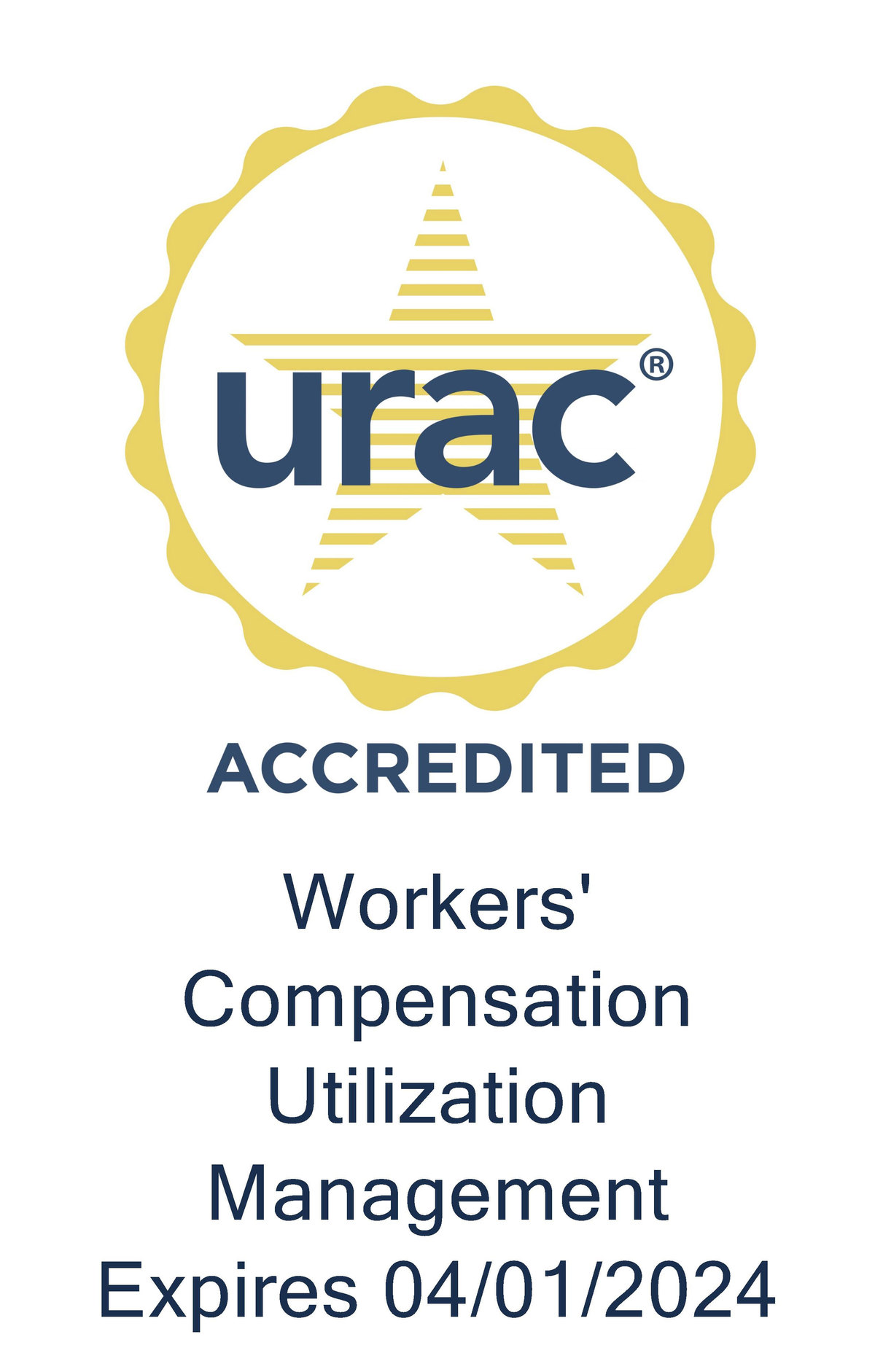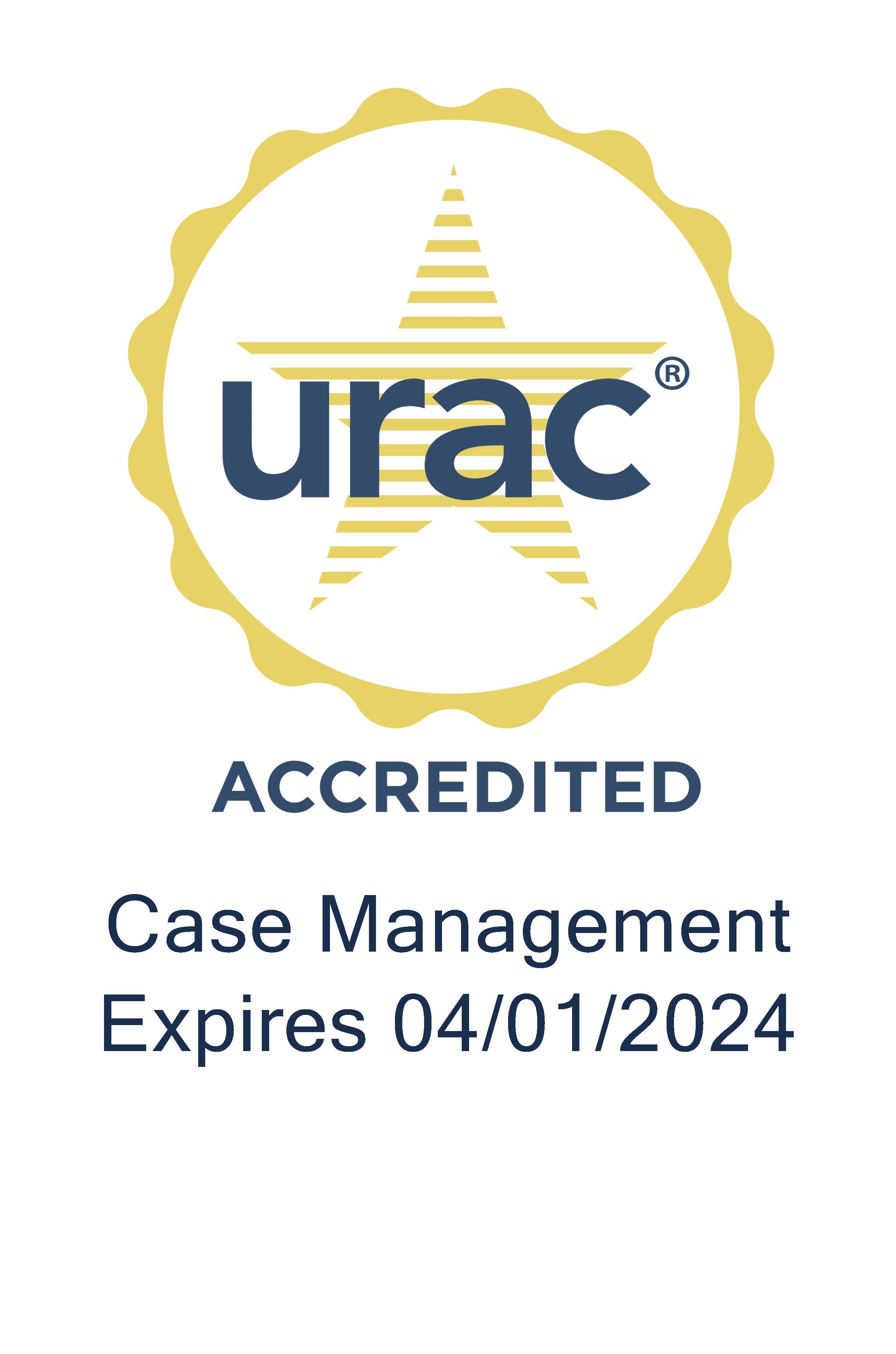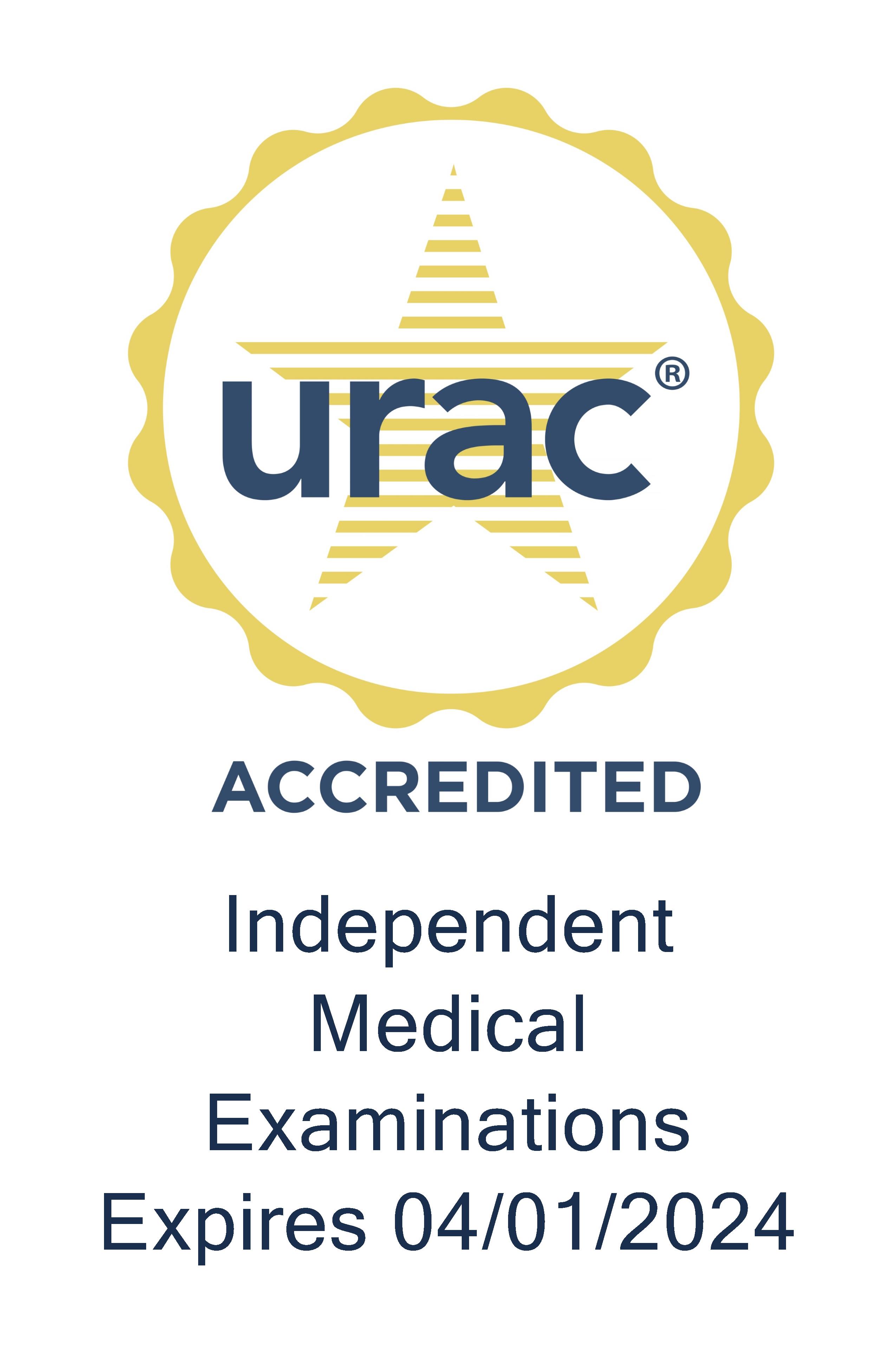Across the nation, case managers at Genex Services make life-changing impacts on injured employees on a daily basis. And the professionals involved in these three cases have earned special merit by winning one of the most prestigious industry honors: the 2019 Heart of Case Management Award.
Now in its fourth year, the Heart of Case Management Awards is a national program recognizing Genex case managers who are highly regarded for transcending beyond their traditional job duties to improve the lives of thousands of injured employees each year. The three winners were nominated from a field of more than 1,600 Genex case managers across the country and judged on the following criteria: specialist, excellence, adaptability, trust, influential communication and outcomes.
The following are synopses of the winning entries.
Field Case Management
Julie Wilcox, RN, MSN, BSN, CRNA, Baraboo, WI
Case managers make the greatest impact when they’re assigned to a case soon after the injury occurs. When this doesn’t happen, it can significantly delay recovery and often prevent the injured employee from getting back to work. This was the challenge Julie Wilcox faced when assigned to a case involving an employee mired in eight months of pain and inactivity due to a significant left shoulder injury which rendered him unable to work or perform activities of daily living. Upon one of her first visits, the man admitted to Wilcox he felt “the world had given up on him” and was extremely depressed and suicidal. With no appropriate treatment path to follow, the injured employee had been prescribed multiple narcotics, anti-inflammatories and muscle relaxants for pain relief to no avail. Wilcox initiated a more aggressive treatment strategy, collaborating with orthopedic and pain management specialists. She secured approval to proceed with an extensive shoulder procedure. Wilcox worked closely with the surgeon, physical therapists, employer and employee to formulate an appropriate transitional rehabilitation plan. She also prioritized narcotic weening by implementing the Genex Opioid Usage Case Management Care Path and collaborated with the employer to develop regular job and appropriate light-duty accommodations. To facilitate compliance, Wilcox regularly visited and encouraged the injured employee, discussing strategies and goals to assist him through range of motion, strengthening and work conditioning. Her work paid off as the man regained full functional use of his previous non-functional left arm, leading to a full-duty return to work.
Telephonic Case Management
Sara Fleming RN, CCM, Mansfield, TX
A 58-year-old ramp crew chief from a major airline company sustained a significant puncture wound after striking his lower leg on a tow bar used to move aircrafts. The injury soon manifested into a serious bacterial skin infection which did not respond to two rounds of oral antibiotics. Sara Fleming was called on the case to expedite treatment and develop a return-to-work plan. She quickly utilized Official Disability Guidelines (ODG) to develop a wound care protocol, preventing a utilization review which would have significantly delayed treatments and could have resulted in a negative outcome for the injured employee. Facing a lack of available in-network wound specialists to treat the injury, Fleming enlisted the assistance of a partner vendor to help identify a provider, further expediting treatment. Fleming also strongly advocated and supported the worker by emphasizing the importance of care plan compliance, ensuring he attended his appointments and follow-up visits. Despite limited available transitional work opportunities, Fleming collaborated with the employer to obtain a transitional duty release 32 days prior to ODG estimates. Her efforts soon resulted in a full return to work for the injured employee.
Catastrophic Case Management
Charlene Ramsey RN, BSN, CCM, Phoenix, AZ
When a catastrophic event plays out on the evening news, most don’t realize that Genex case managers are often behind the scenes triaging care and directing services to injured workers. Such was the case when a 37-year-old flight paramedic survived a helicopter crash in a rugged mountain terrain. Despite sustaining multiple injuries including fractures to his legs, shoulder blade and ribs as well as severe chemical burns, the paramedic quickly attempted to save a dying coworker before attracting the attention of aerial rescue teams by using his cellphone flashlight. He was airlifted to a local trauma center, where he underwent extensive leg surgeries. Charlene Ramsey was assigned to the case and immediately met with medical staff, family and the claimant to coordinate a timely pre- and post-op treatment plan for multiple surgeries throughout his case. Tragically, the man was the sole survivor of the crash. Noting his history of PTSD from prior military experience, Ramsey ensured additional psychological protocols were included in the care plan. As the injured worker progressed, Ramsey orchestrated a seamless transfer to an inpatient rehabilitation facility where he continued to recover until he was deemed safe for discharge. She then coordinated and attended all outpatient appointments with multiple specialty providers and developed a successful graded return-to-work plan. With Ramsey’s support and guidance, the claimant also continued his education to become a registered nurse, which he successfully completed five months before predicted maximum medical improvement. Despite multiple serious injuries and treatment, the claimant returned to work far ahead of ODG estimates. Today, he works as an RN at the trauma center where he was treated. For their remarkable accomplishments, Ramsey and the claimant were recognized by the Arizona Workers’ Compensation Claims Association with the Rehabilitant of the Year Award.
More in-depth information on each case management story can be found here.
Want to learn more?
Return-to-work delays are the bane of workers’ comp professionals and injured employees. Too often, these problems are the end result of factors that could have been prevented if addressed during initial evaluations, including access to care and psychosocial issues.






